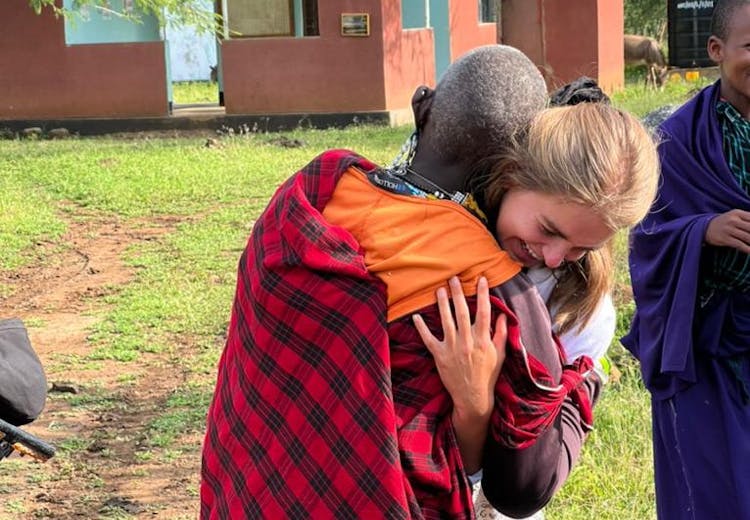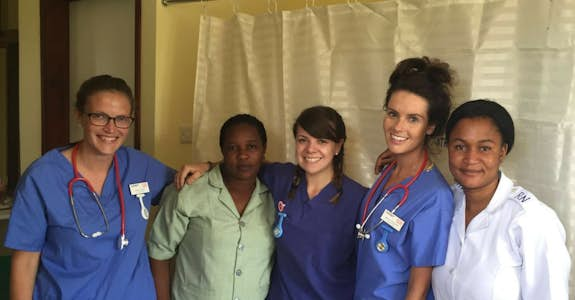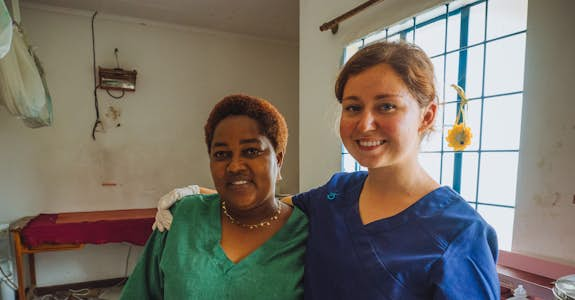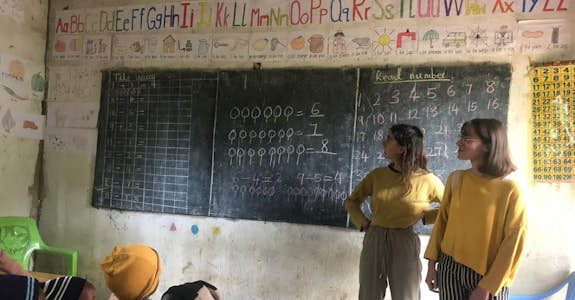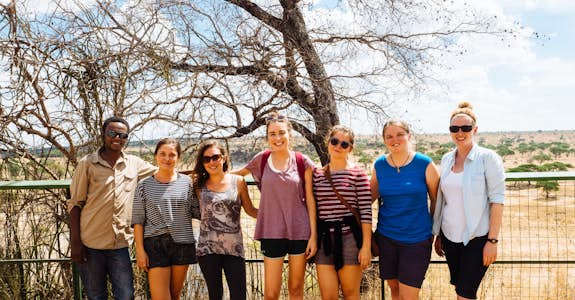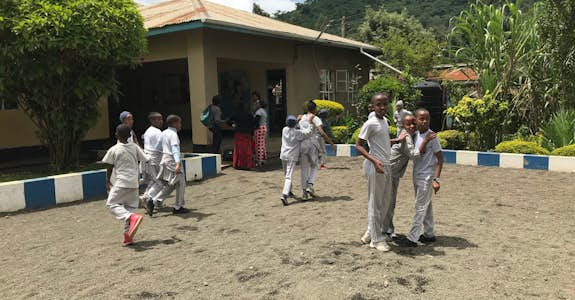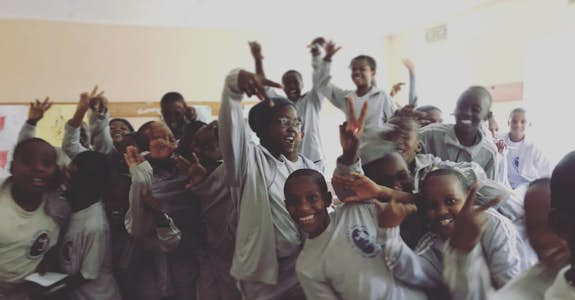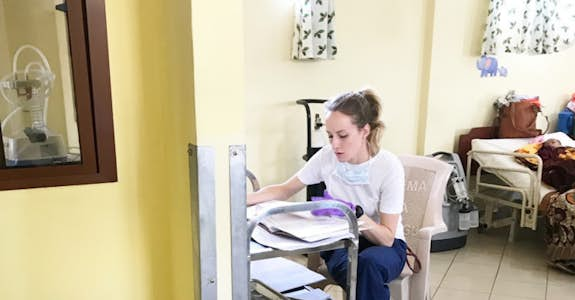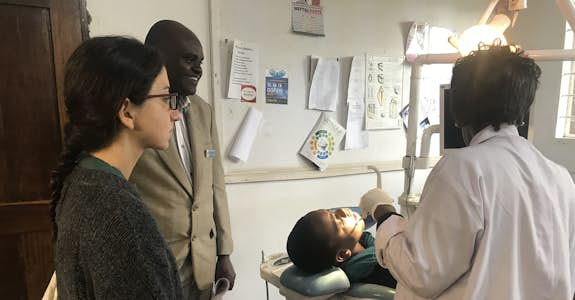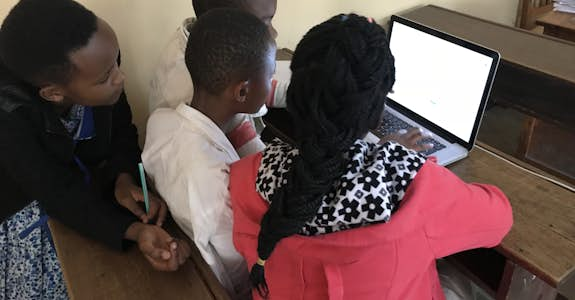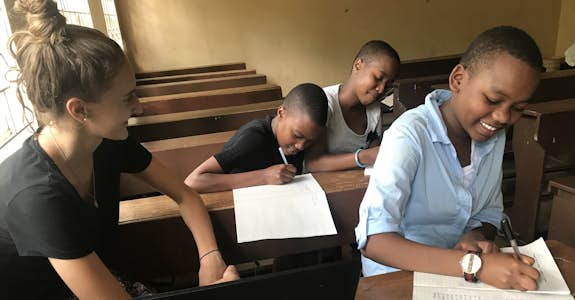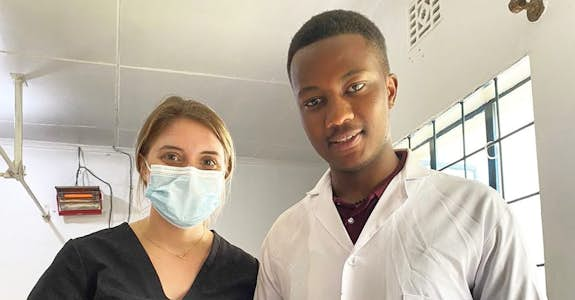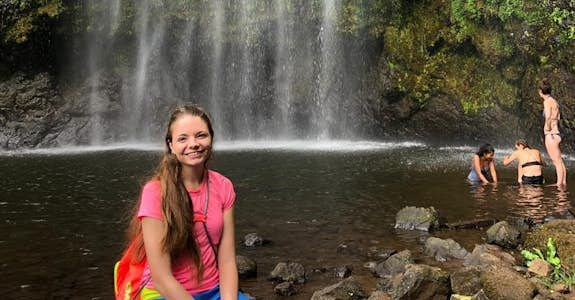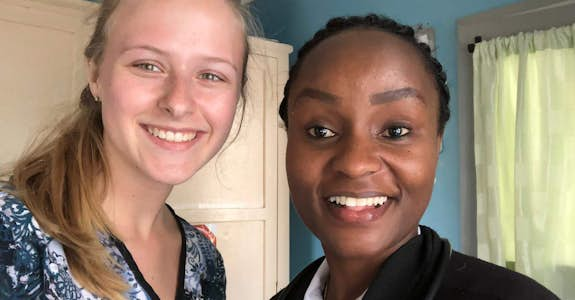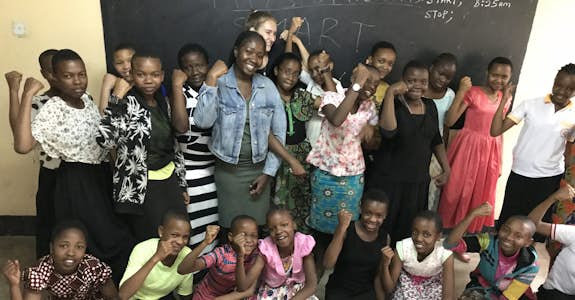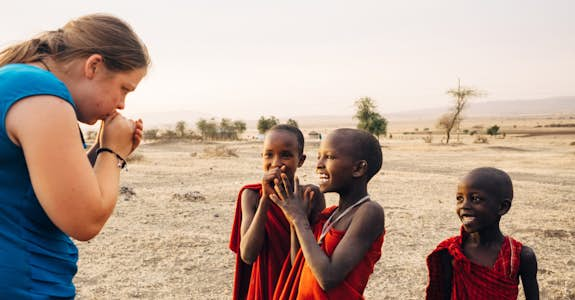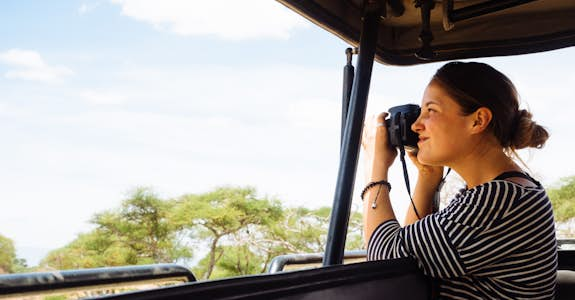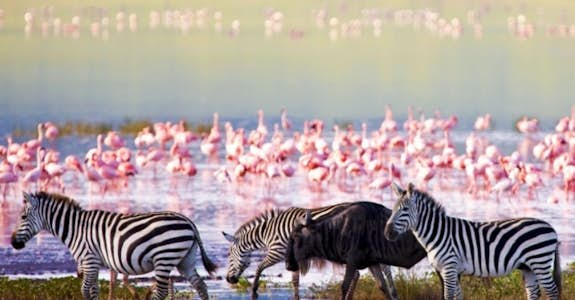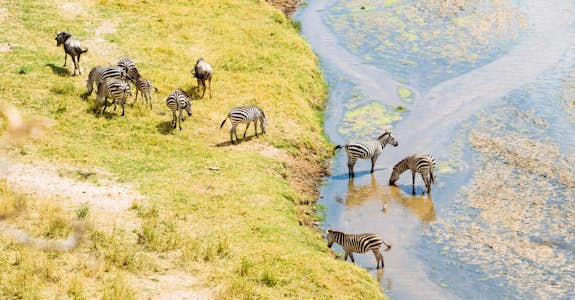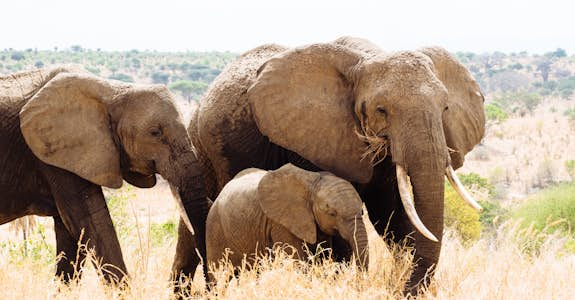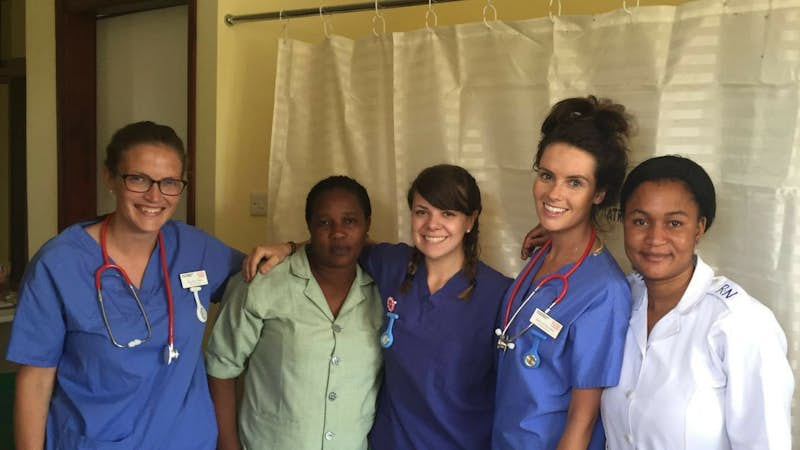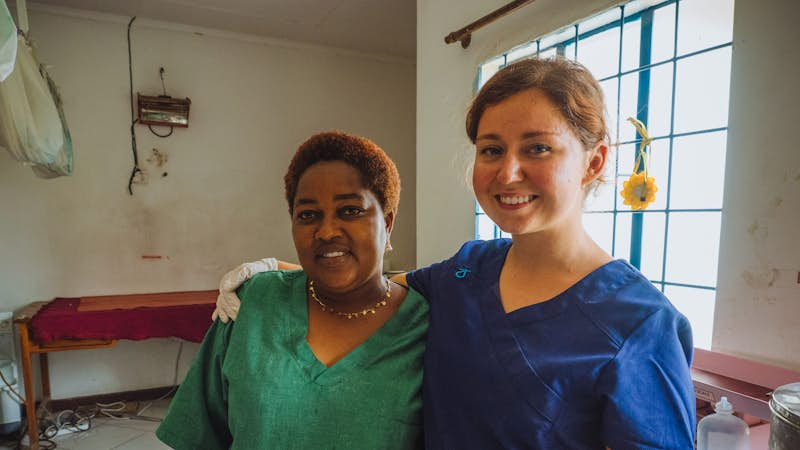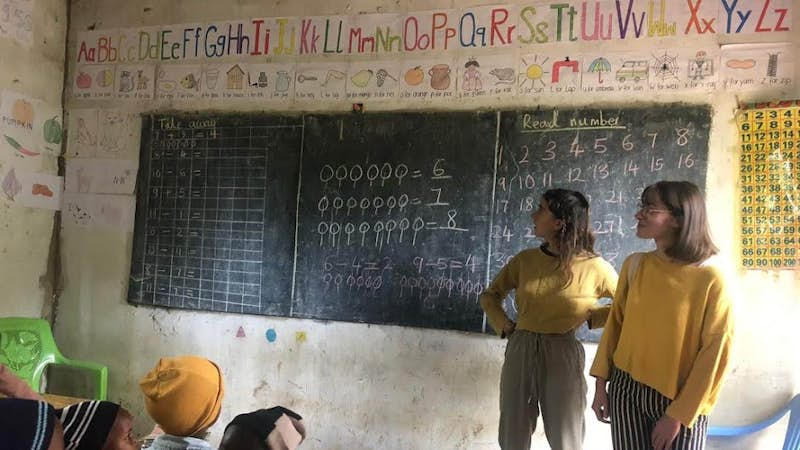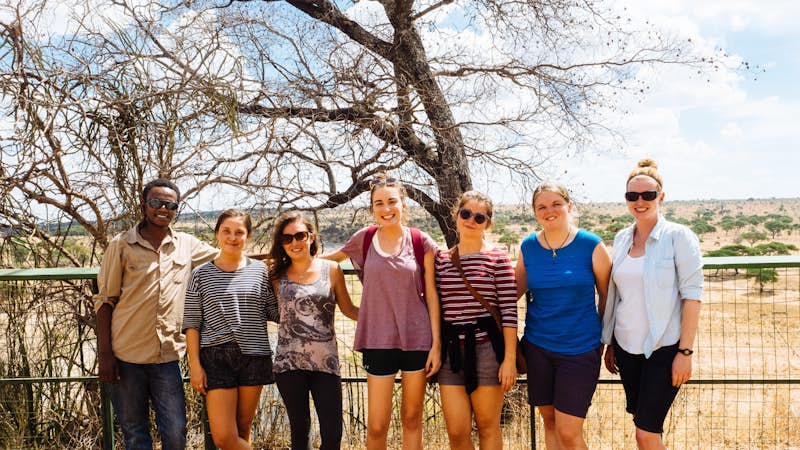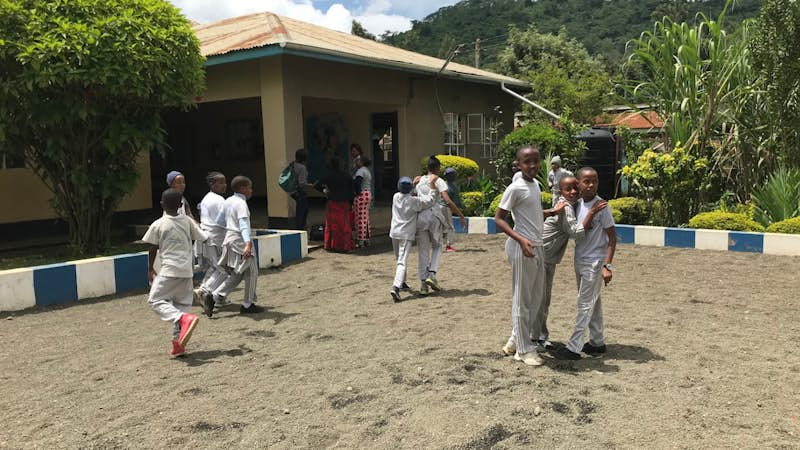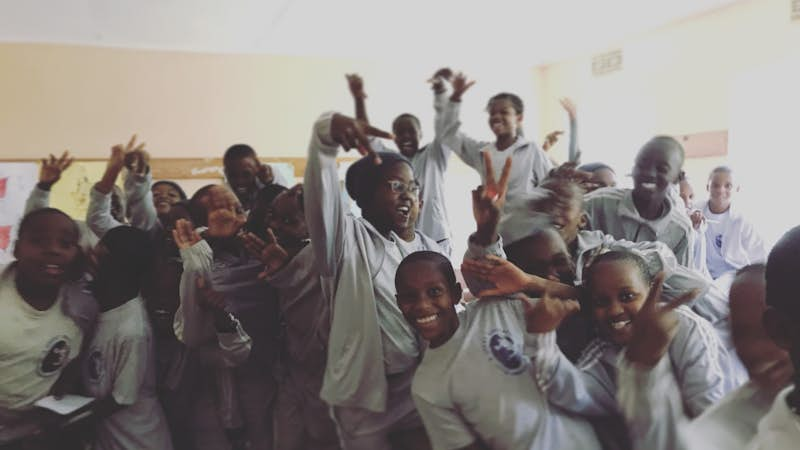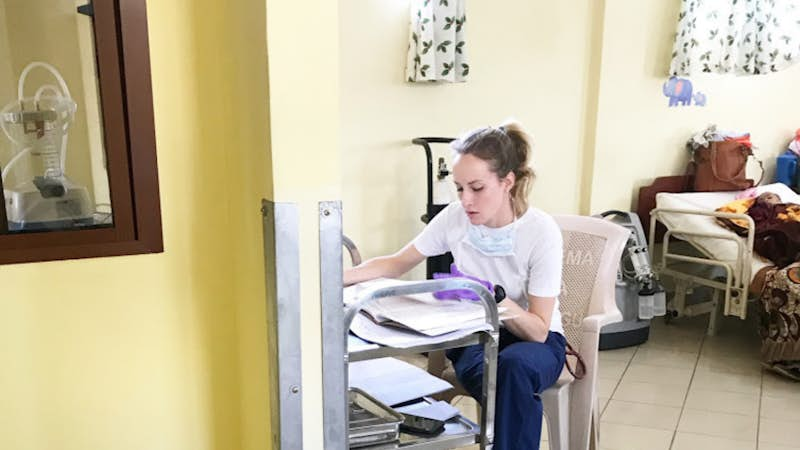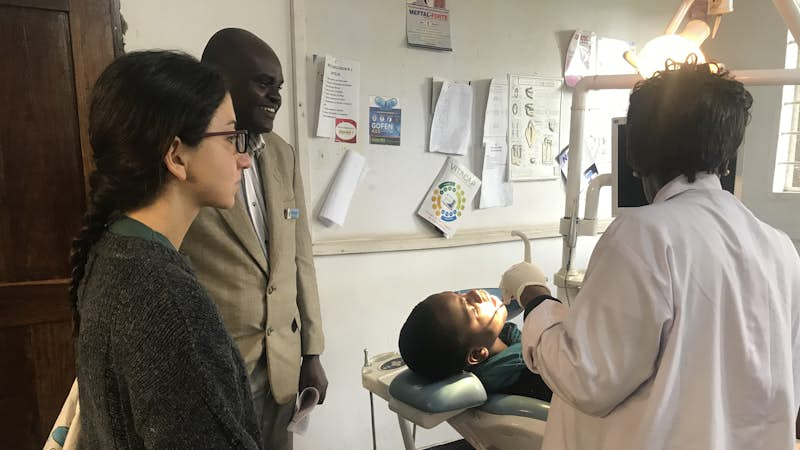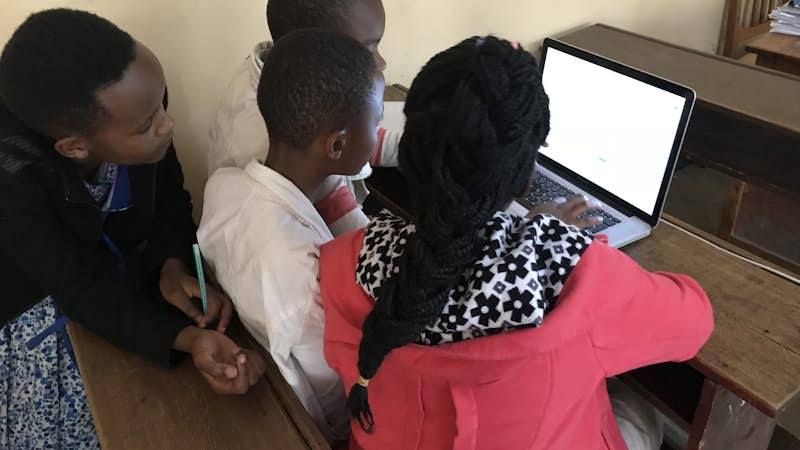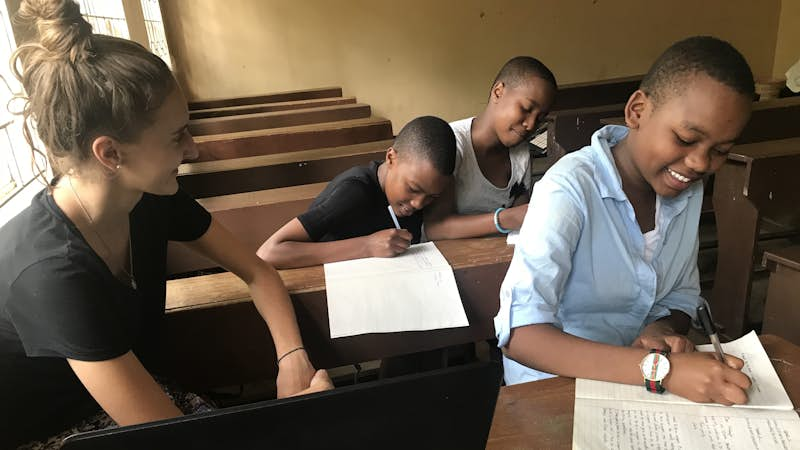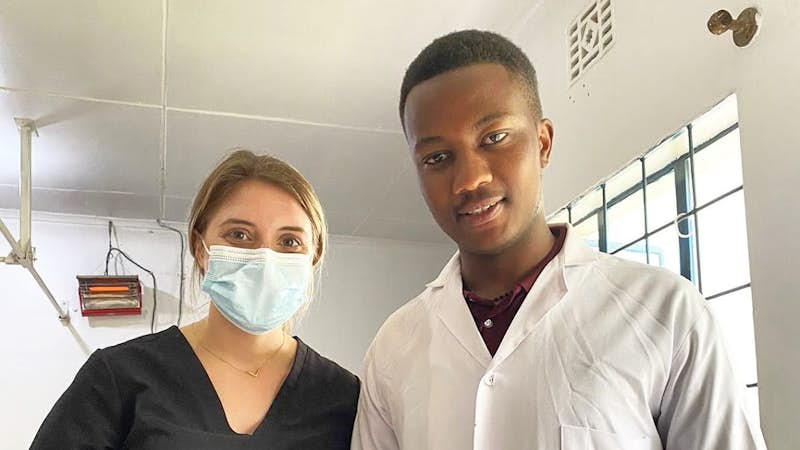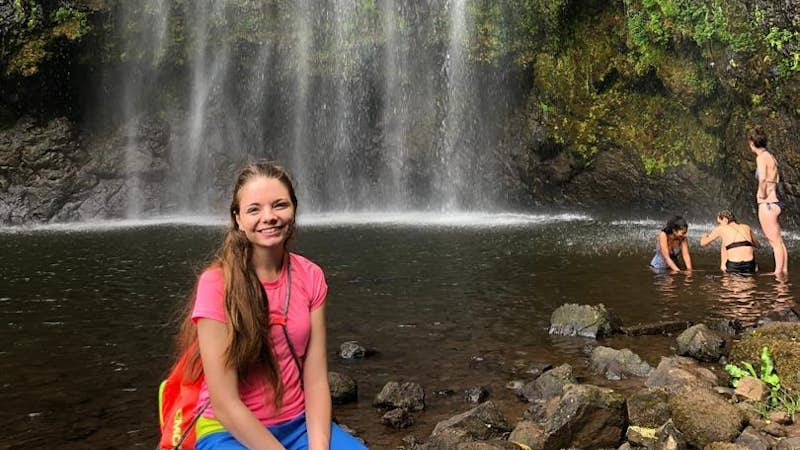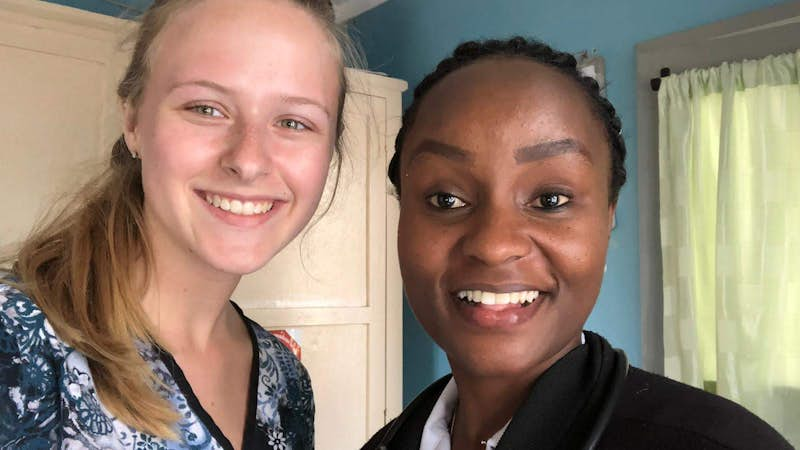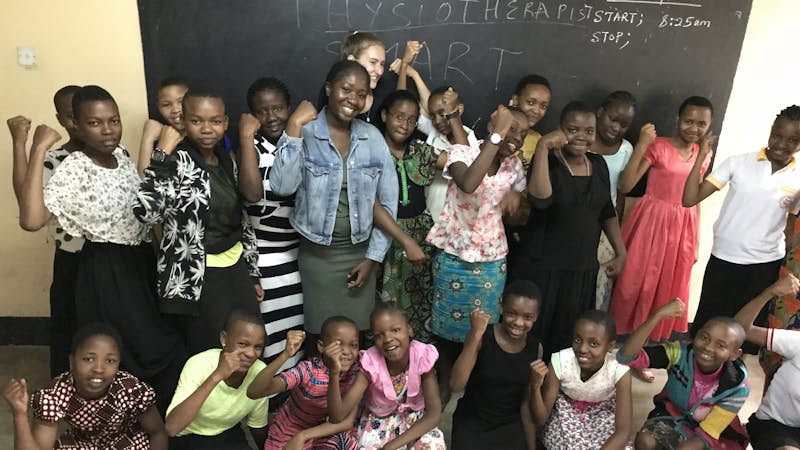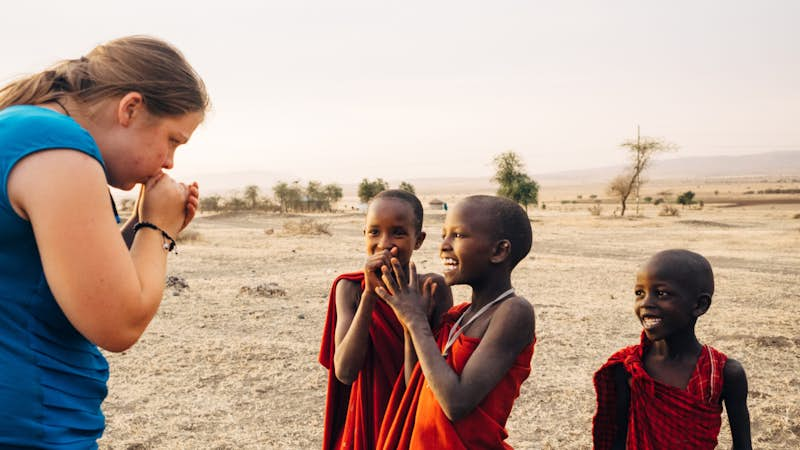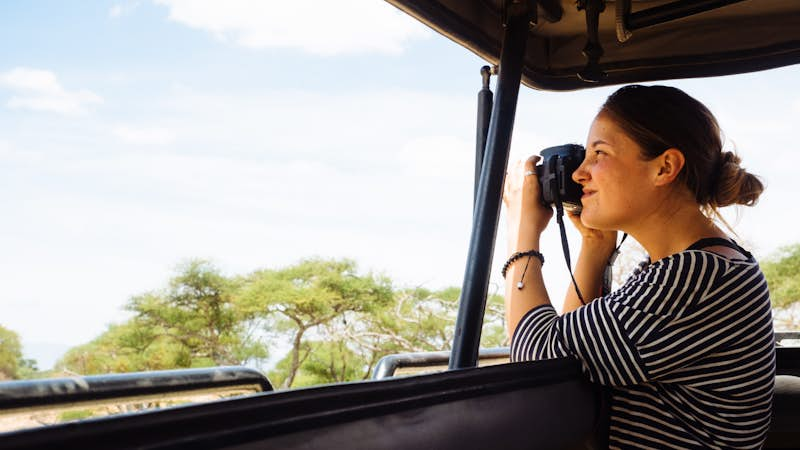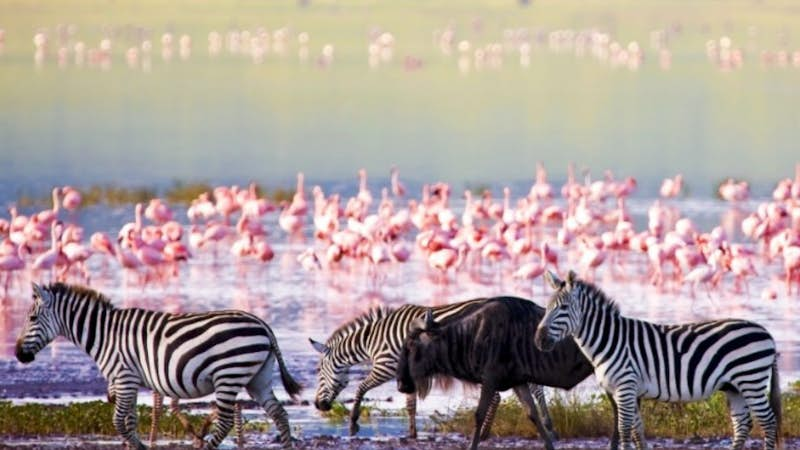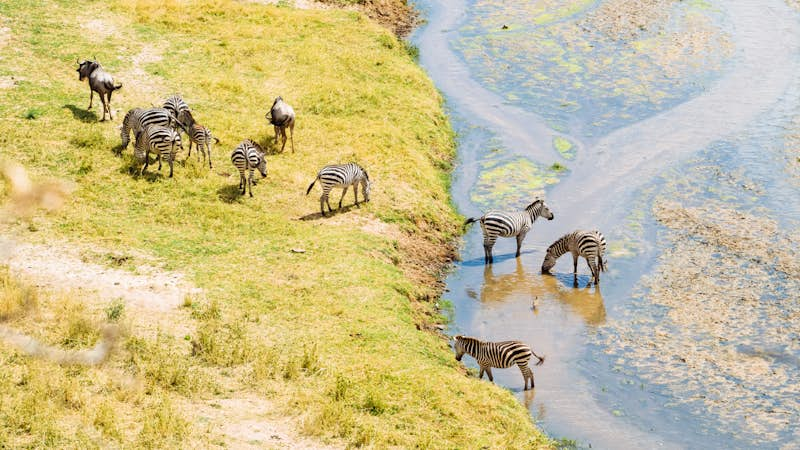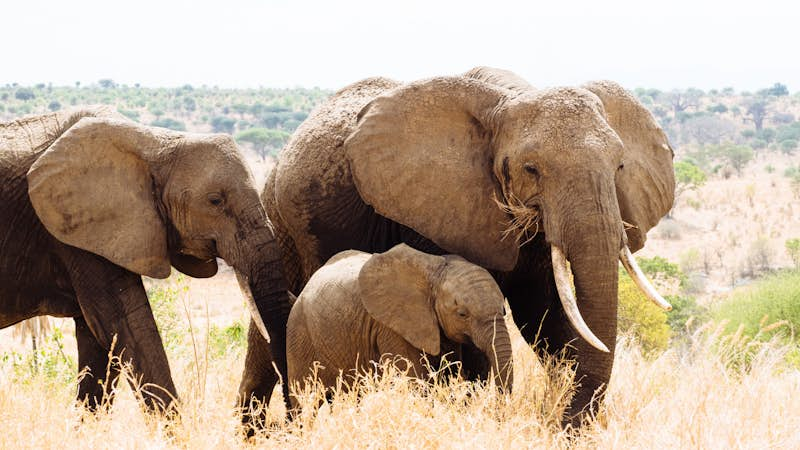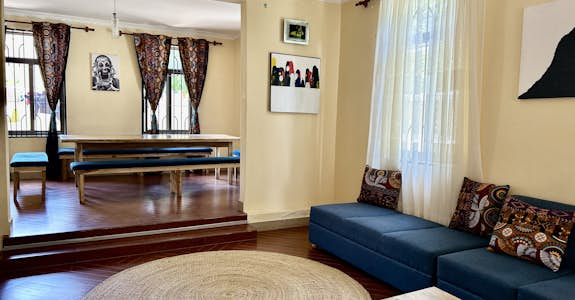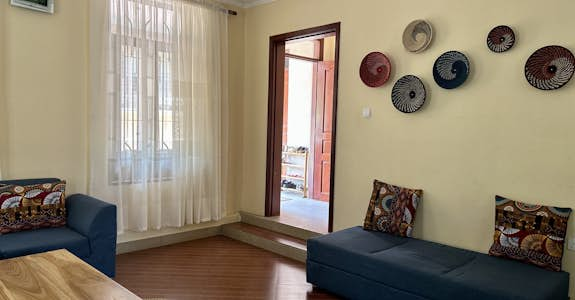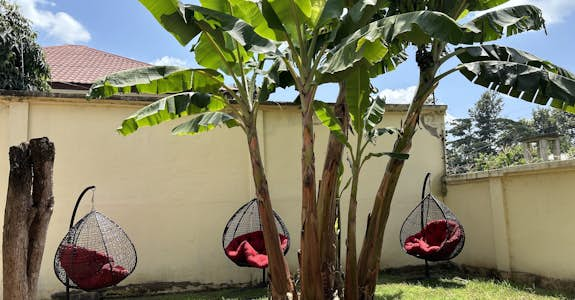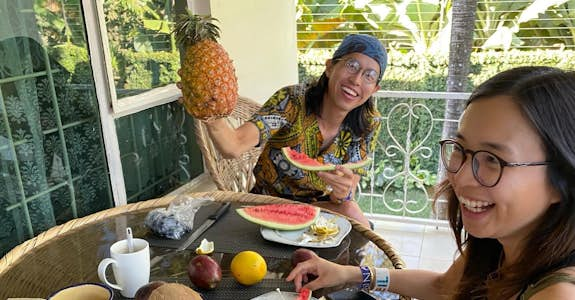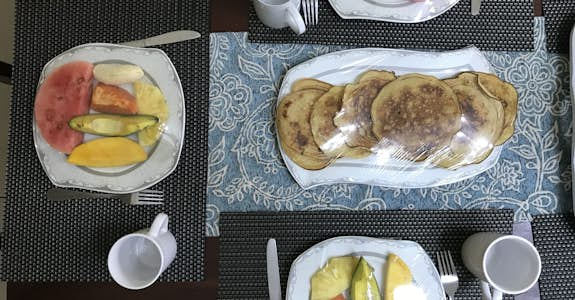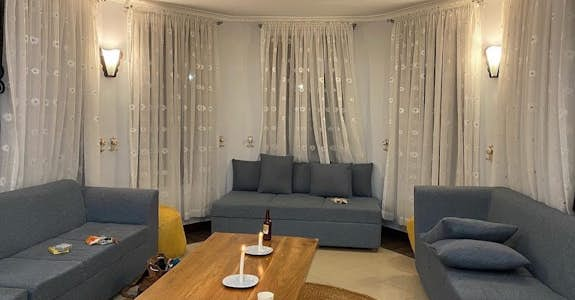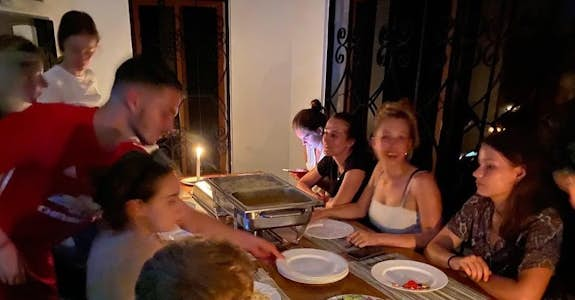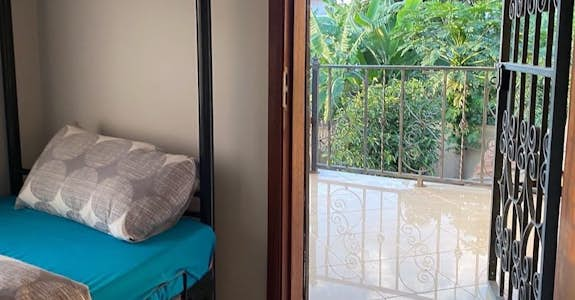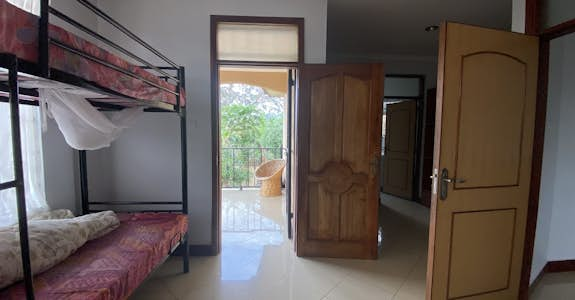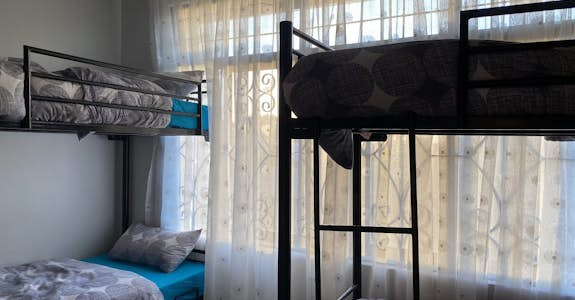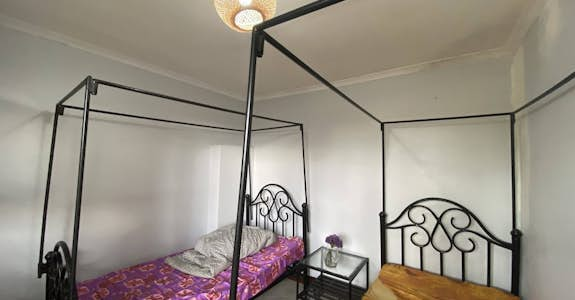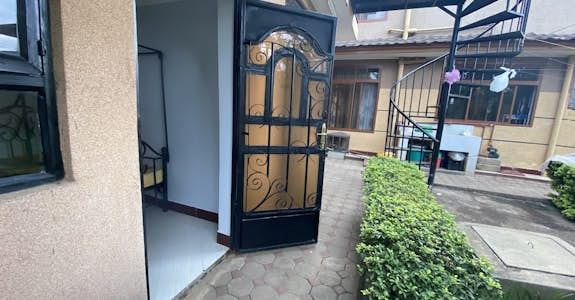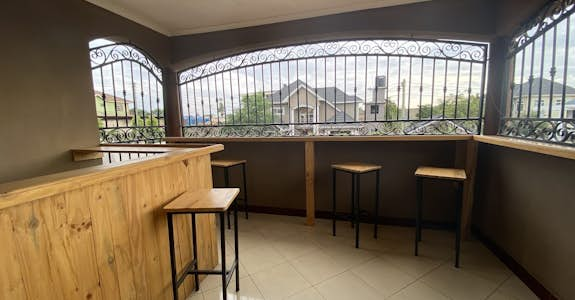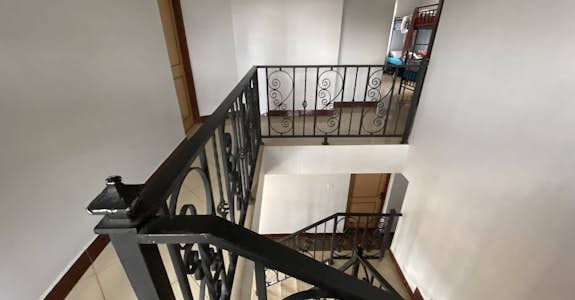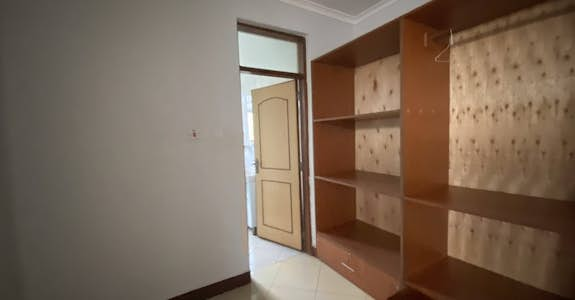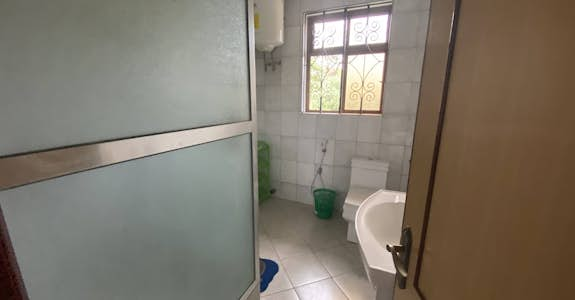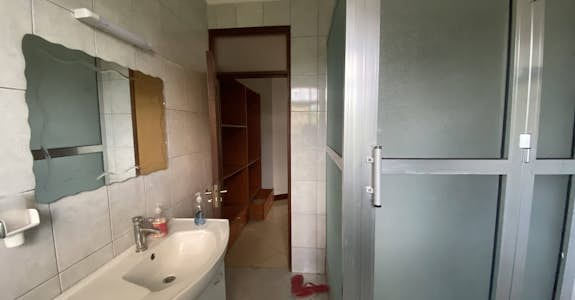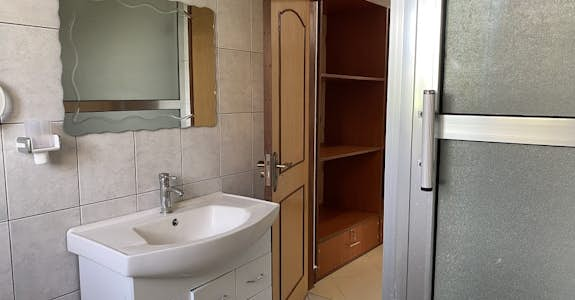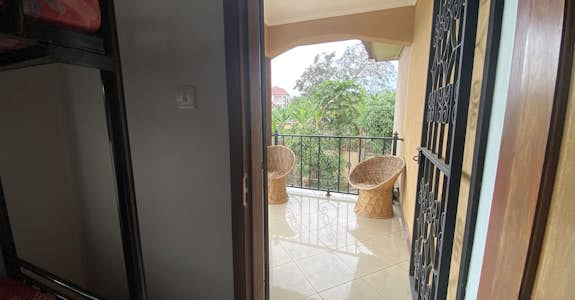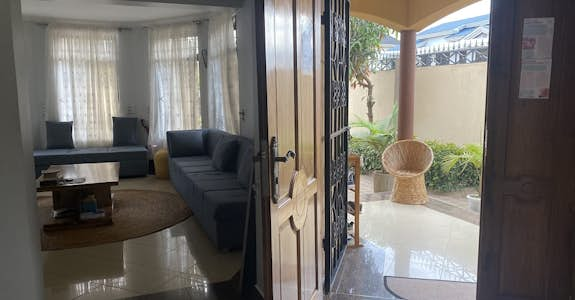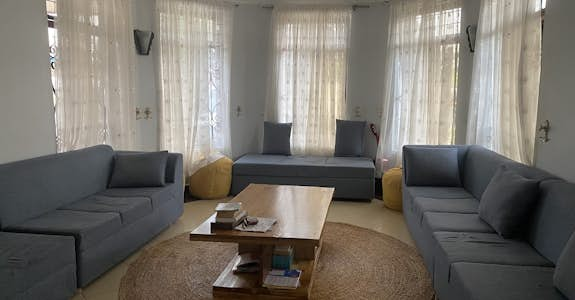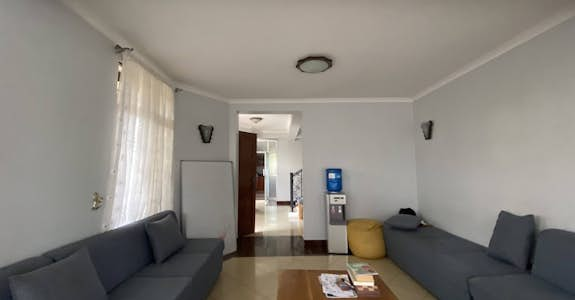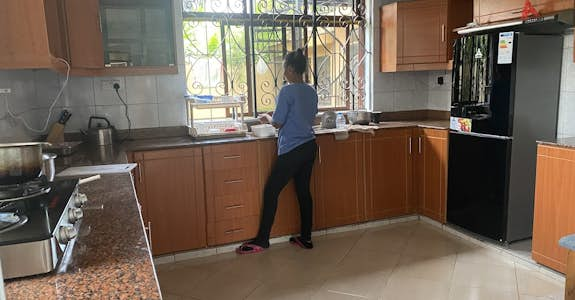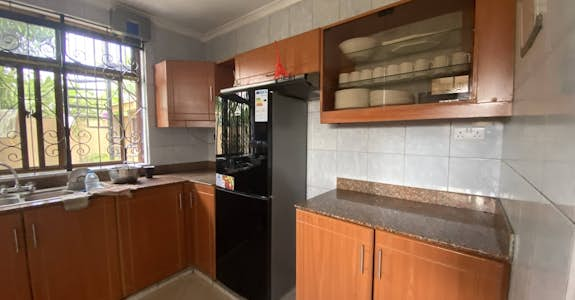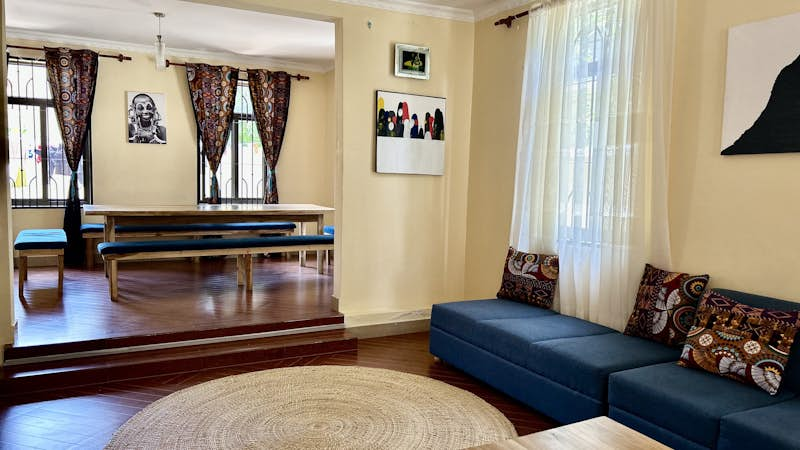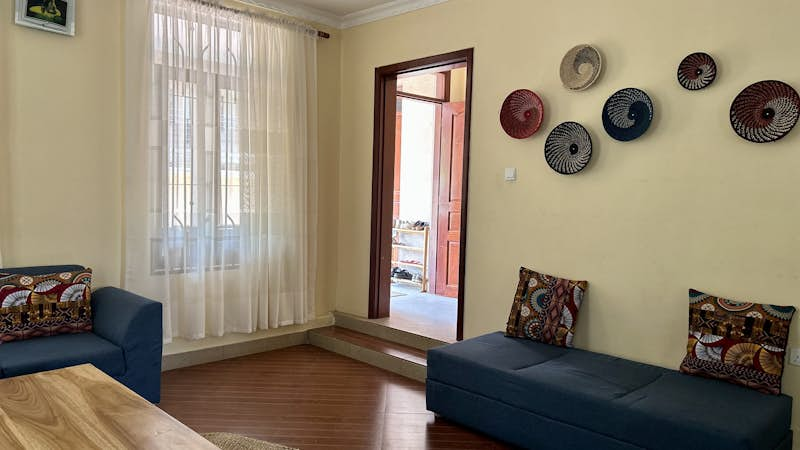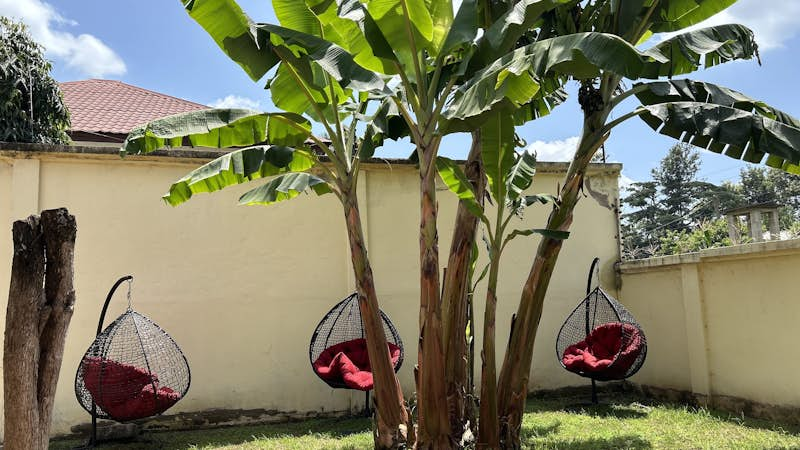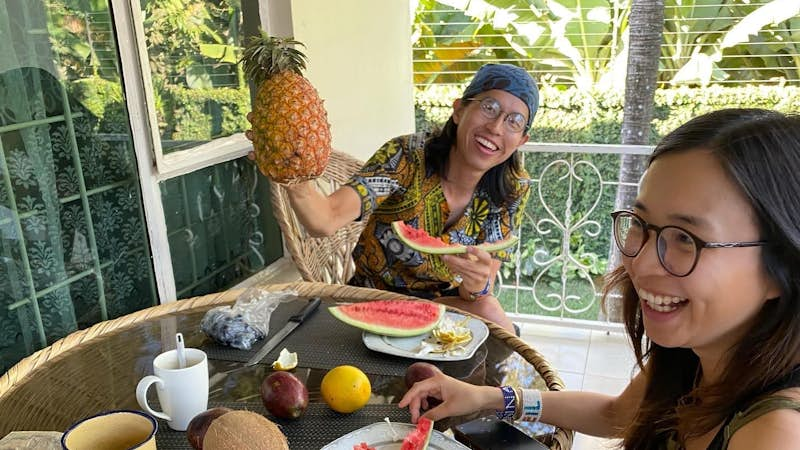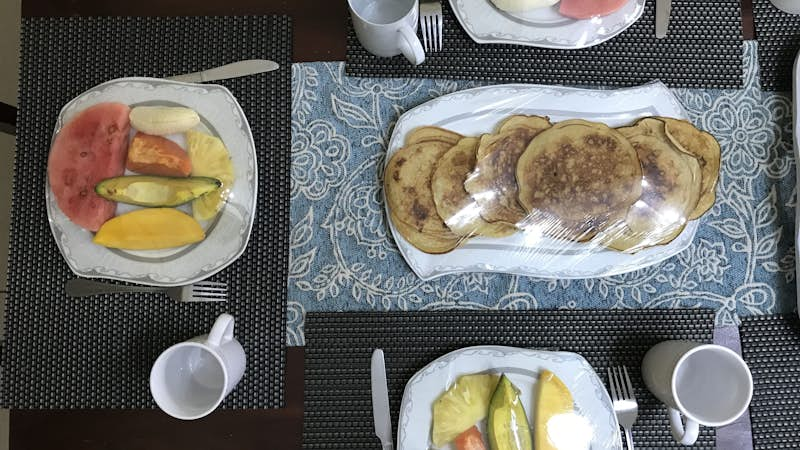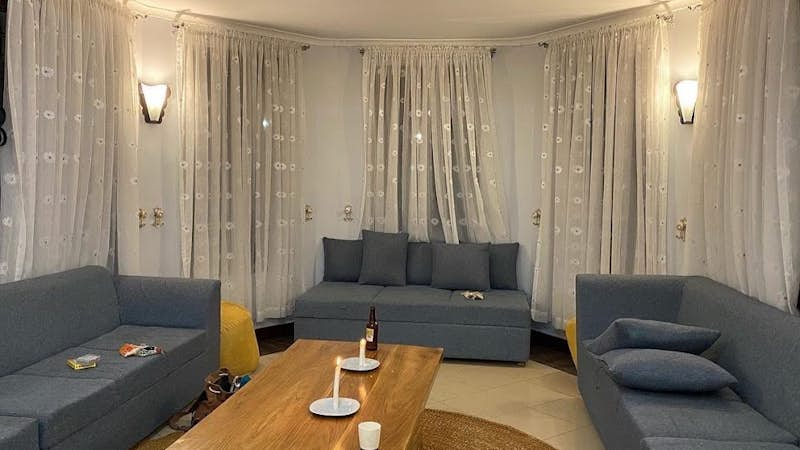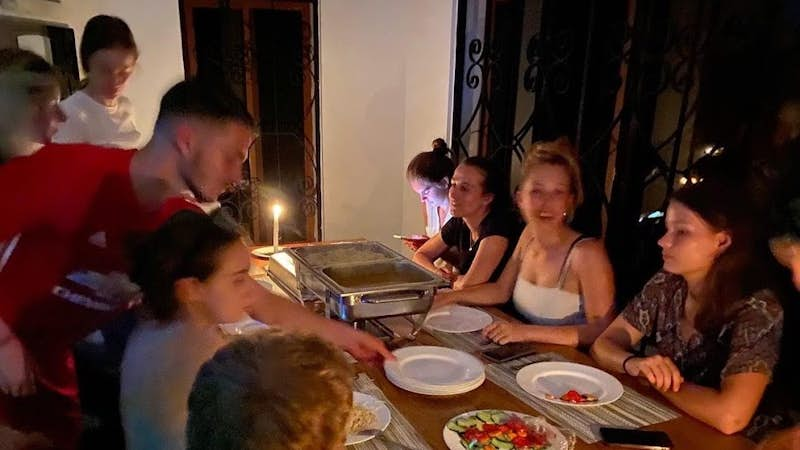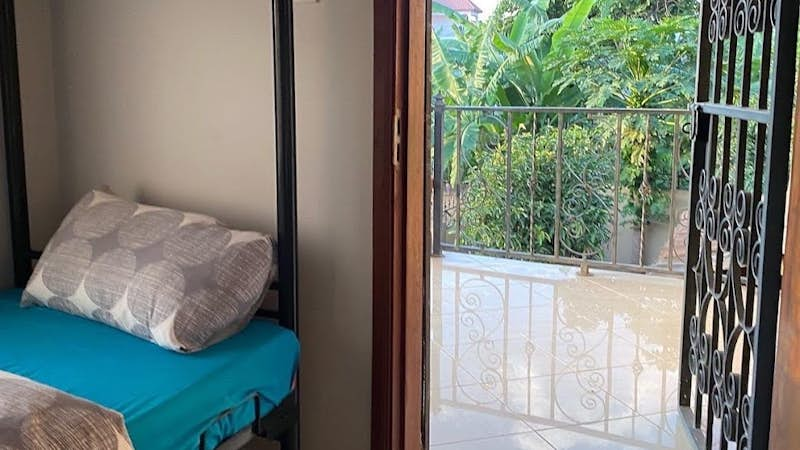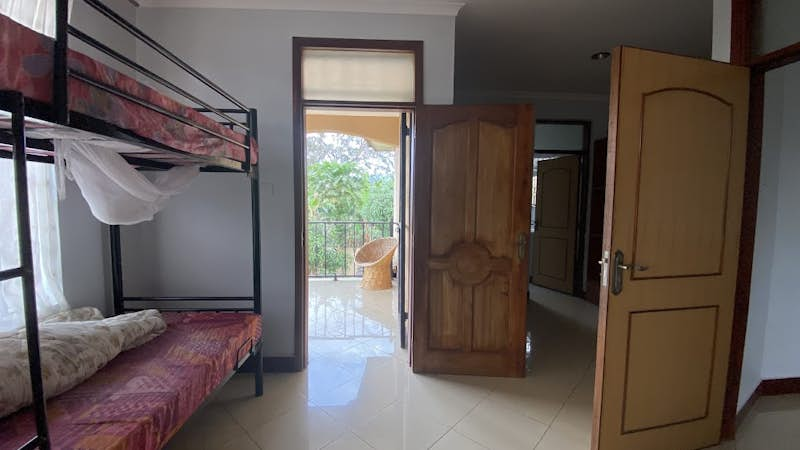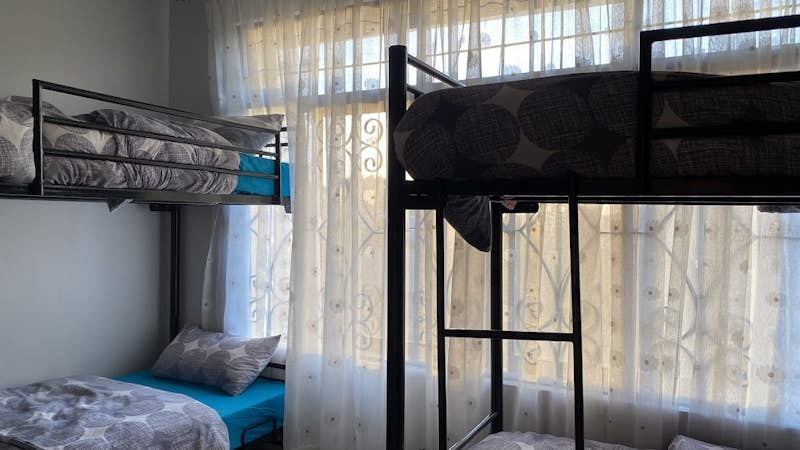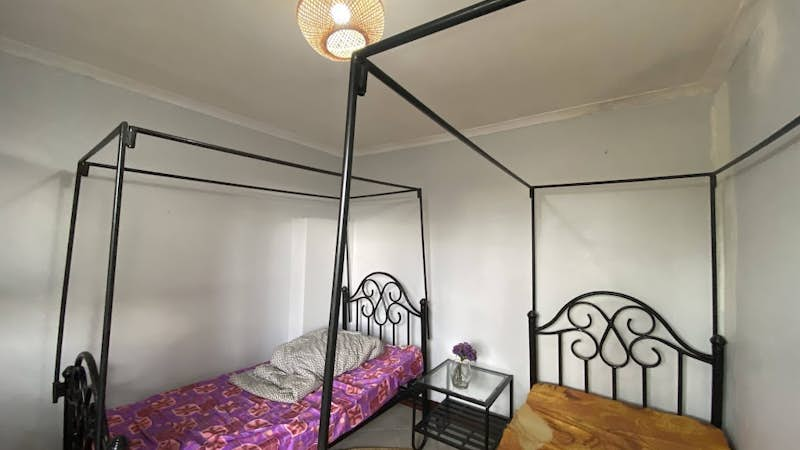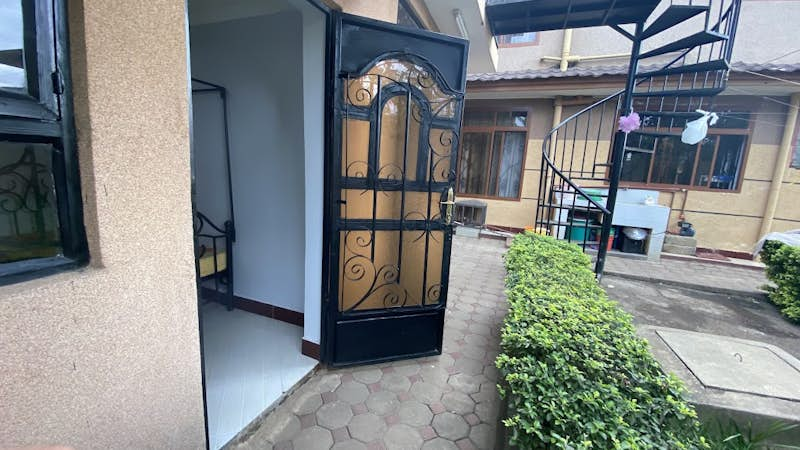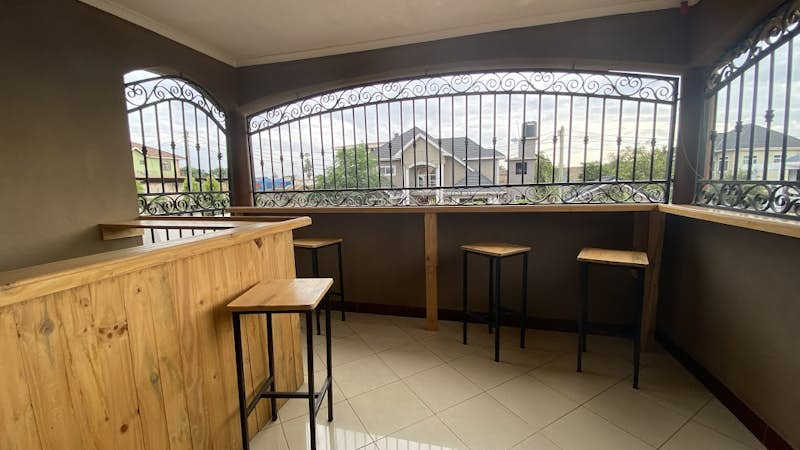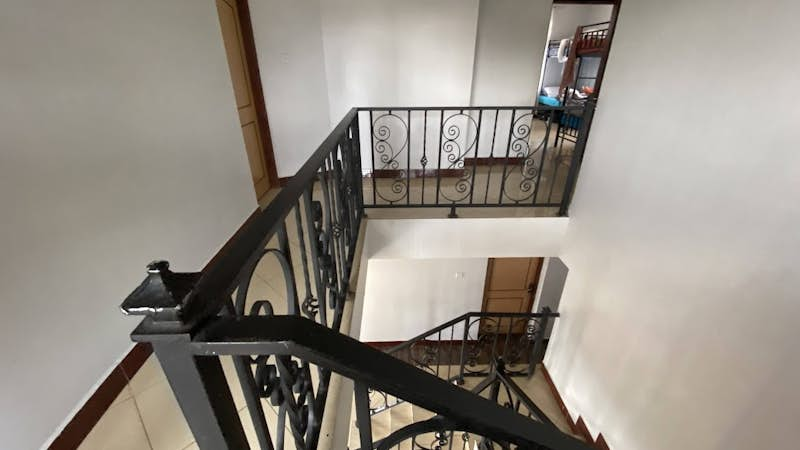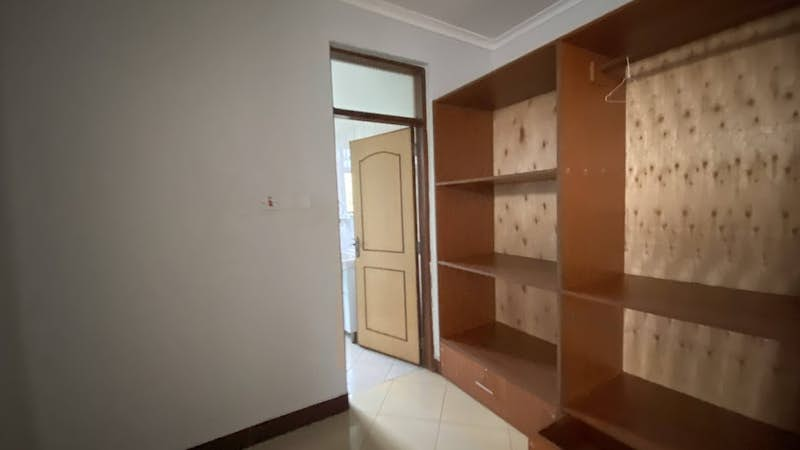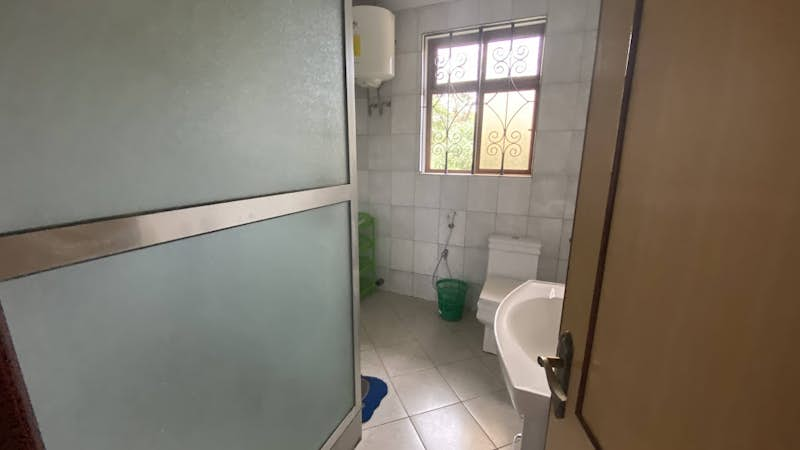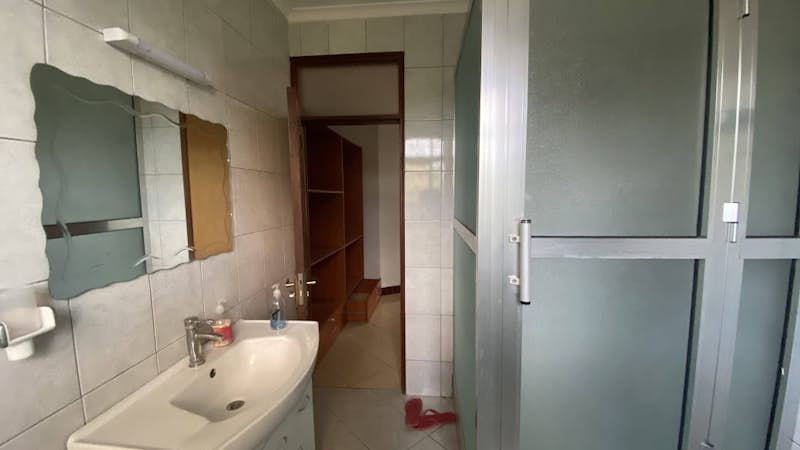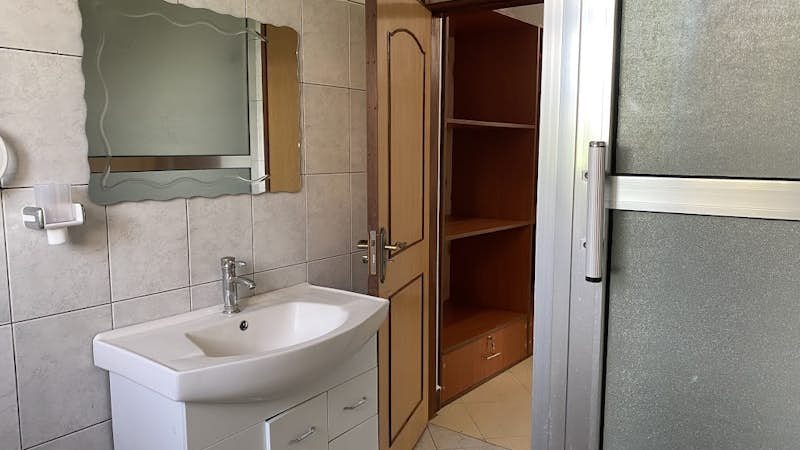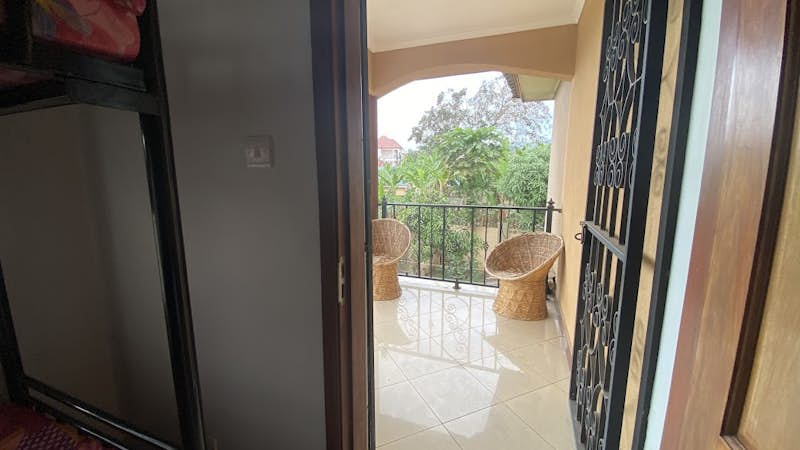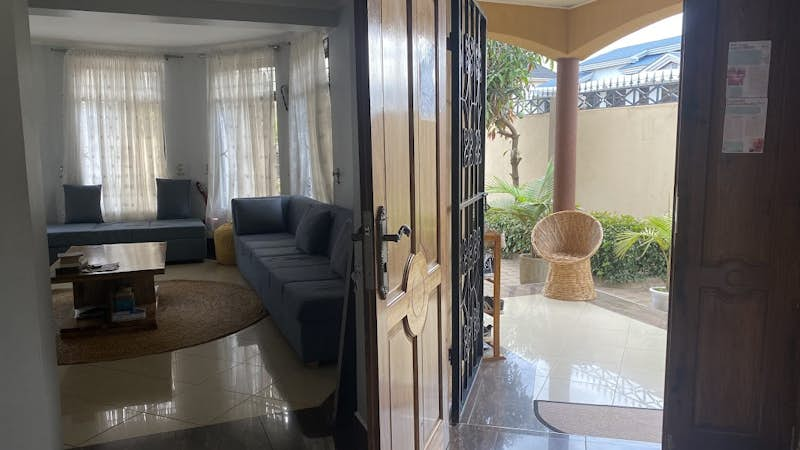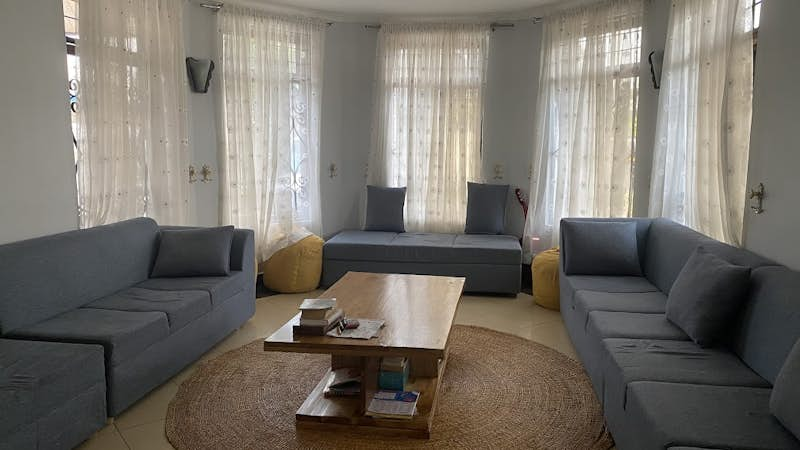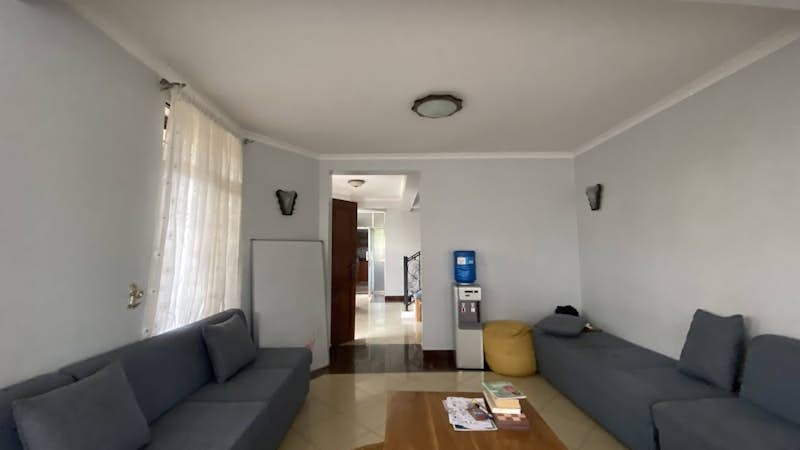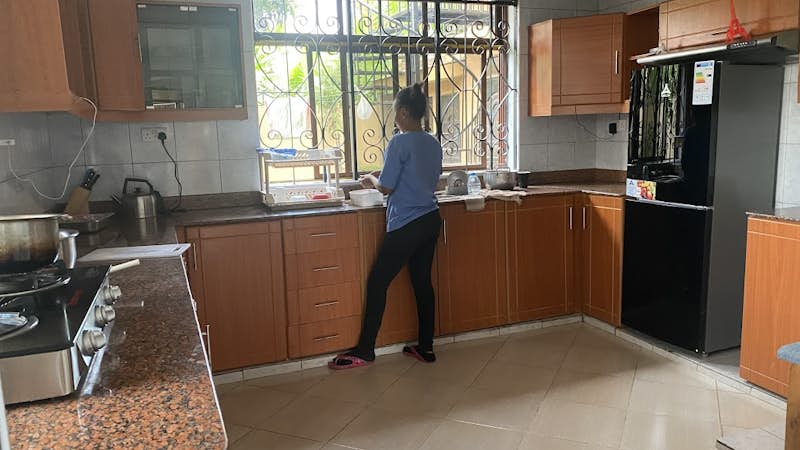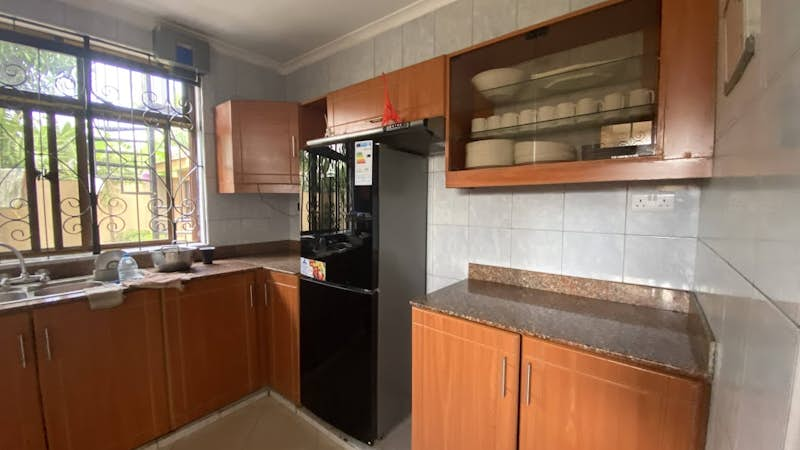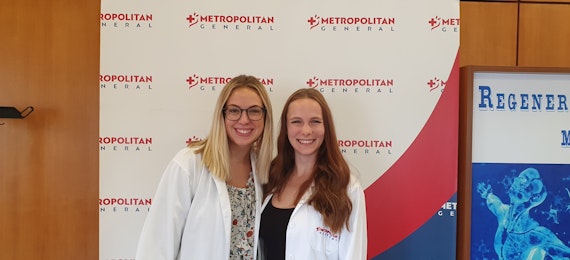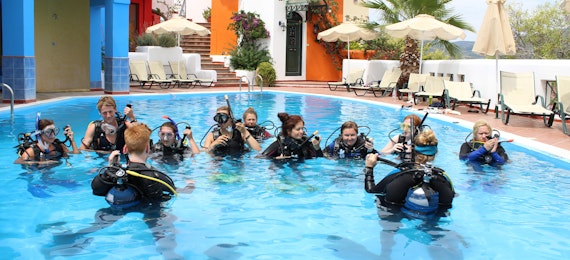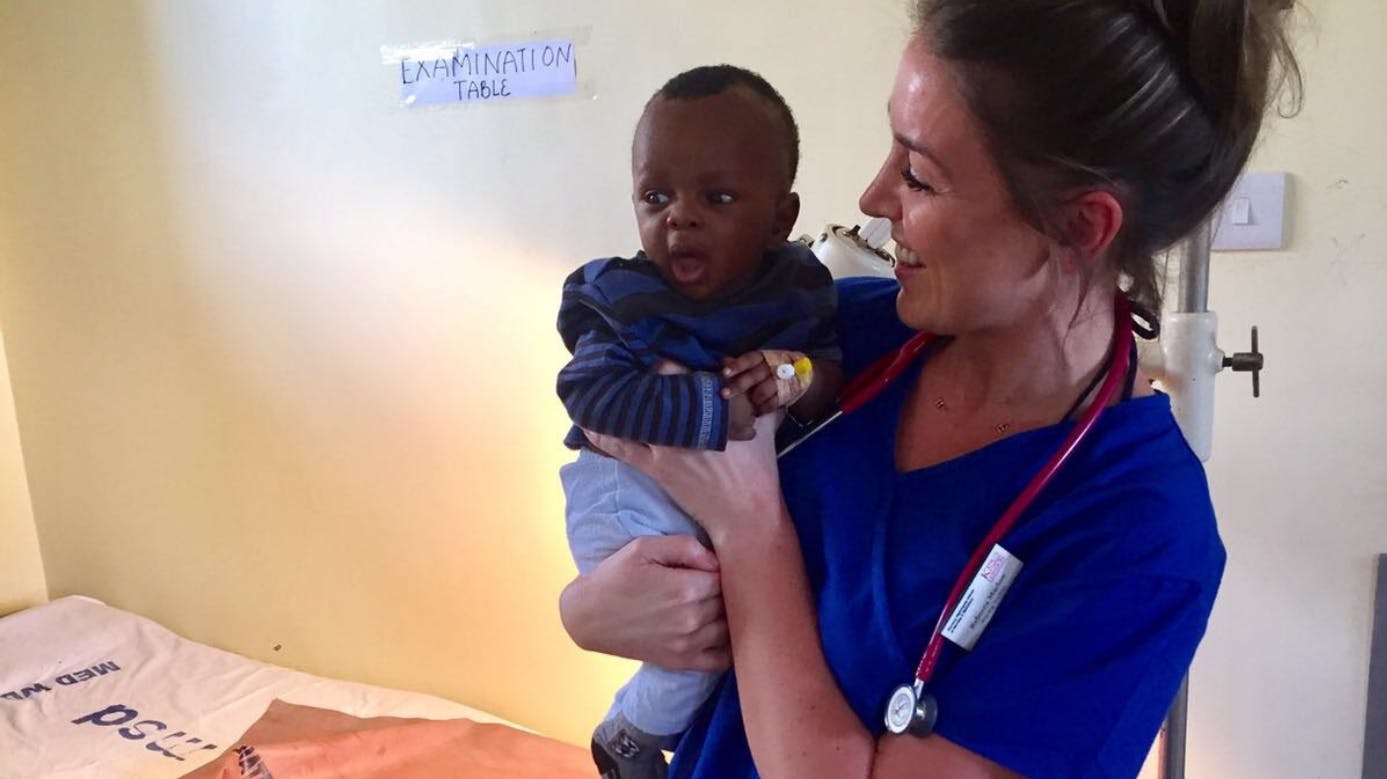
Nutrition Internships: Intern abroad in Arusha, Tanzania
Highly unique internships in nutrition for those wishing to gain experience assisting children and adults in Tanzania who suffer from malnutrition. These issues are common in Tanzania, but opportunities to receive care and treatment are rare. Interns assist local professionals in clinics and hospitals to build knowledge and provide much-appreciated assistance in the community.
What to expect from your Nutrition internship:
- Gain specific experience delivering nutritional advice and assistance.
- Learn from experienced local nutritionists and community groups dealing with specific issues in Tanzania.
- Enjoy spare time in Arusha, go on safari in the Serengeti, and explore world famous natural landscapes.
Your internship abroad host organization:
- Hospitals
- Regional clinics
- Community groups
Internship details
Nutrition interns are placed with community groups or in regional clinics or hospitals, where patients with severe and complex cases of malnutrition are referred for care. Interns work alongside local nutritionists, medical professionals and advocates who endeavor to treat and educate adults and children who are suffering from the effects of long-term malnutrition.
This is an in-country internship, with accommodation and meals provided.
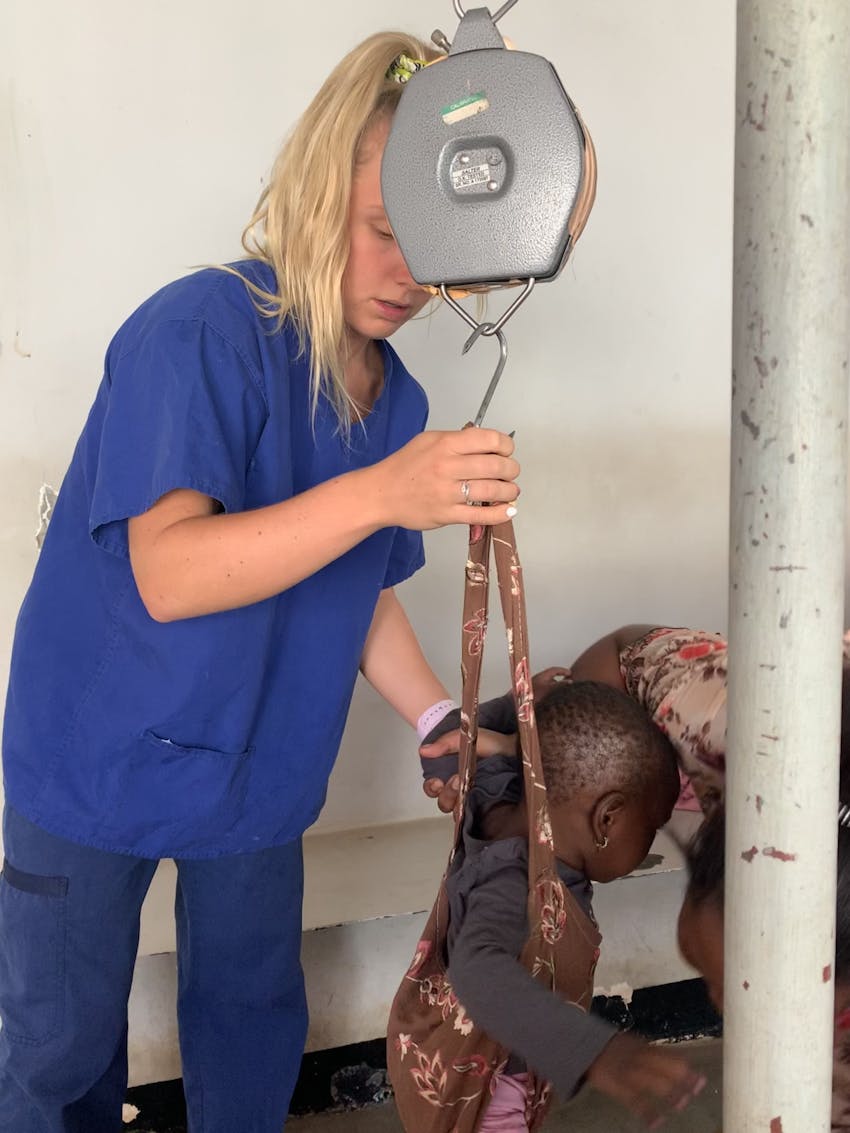
Anemia and chronic malnutrition affect many children in Tanzania. Pregnant and breastfeeding women are also at risk of suffering from preventable nutritional deficiencies. Many people don’t have access to specialized nutrition advice, so interns play an important role in helping to provide support to those in need. These Nutrition internships in Arusha, Tanzania are highly valuable learning opportunities for interns to understand the unique needs of individuals in a culturally and economically diverse environment.
To create a more immersive program, which can diversify your experience, Nutrition internships will include hospital, clinical and community based placements. From a clinical perspective, interns gain a practical understanding of how nutritionists evaluate, diagnose and treat those with nutrition concerns. This is done by shadowing local professionals in an observational capacity. Interns may be given the opportunity to actively participate in the work performed by their team, once their skills and experience have been effectively demonstrated.
Community based placement will be with a local community group, providing assistance to families and their children in all areas of nutrition. Interns are involved in putting together food packages, running nutritional workshops and home visits for those in need of nutrition education, advice and support. Interns will need to be prepared to travel across the city with their supervisor to reach patients and families in their homes. Average travel times can range from 45-60 minutes, so interns must be physically fit and able.
Note that supervision on these internships is handled by a range of medical professionals. Interns must expect to work in a multidisciplinary team. Depending on your medical department and variations of your daily roster, this may include nursing teams, doctors, or other department heads. Such team members are in the best position to provide guidance, direction, and answer questions as it will pertain to current duties and responsibilities. Therefore, there is not one sole supervisor throughout, as interns interact with a range of local staff in various positions, deferring to their expertise and instruction. Outside of the placement supervision, interns additionally have access to support from the Program Director, who oversees placement allocation. Most patients speak at least basic English, although you should be prepared for the fact that you won’t always understand what’s being said if locals are conversing in other dialects. Your internship supervisors are available to provide support and assist you in understanding exchanges, as and when appropriate.
Interns should come prepared to encounter a healthcare environment which is very likely going to be quite different from what you’re used to. Facilities and community groups are usually under-resourced and placements can also be relatively under-staffed. This is the reality of healthcare in many underdeveloped countries. Interns are encouraged to maintain a professional, caring and compassionate outlook, striving to understand local contexts, enhance cultural intelligence, and learn from the knowledge and experience of local professionals.
It is important to note that the internship placements grouped as “Medical” require interns to make a Ministry of Health contribution. This supports the operation of placements and covers supervision for interns on medical-related placements. This contribution is not included in the internship program fee; it must be made directly, in-country, under the direction and guidance of the Program Coordinator in Arusha. Interns will not be permitted to commence their placement until this has been covered. The amount of the Ministry of Health contribution varies, as it is not the same for every clinic/hospital. However, to cover the contribution sufficiently, we ask interns to budget up to US$75 per week.
In all cases, interns should expect that the first week of your experience will focus on settling in and gaining some introductory knowledge, as you will not “hit the ground running”. Rather, you should start with learning about the placement to gain an understanding of what you can build upon, develop, learn, and contribute. Ensure that you ask questions and provide feedback during the introductory period, so that your supervisor understands how you’re progressing. This will help them to better understand important details, such as how quickly you learn, what you find challenging, what you find interesting, etc.
Understand and expect that individual internship experiences vary, as the specific placement that you’re assigned will depend on review of your resume and your current level of studies and experience. Therefore, if you’re at a more introductory level, you should reasonably expect a more introductory internship. Likewise, if you’re interning for a shorter duration, you will have a different experience from someone who is interning for a longer duration. Placement preferences are considered but always subject to availability.
What are the career benefits of interning abroad as a Nutrition Intern?
Nutrition interns learn from a qualified and experienced supervisor, and can be involved in:
-
Shadowing and assisting doctors, nutritionists and NGO professionals.
-
Observing consultations, diagnosis and treatment planning.
-
Providing clerical assistance and community support.
Professional development opportunities:
-
Gain an understanding into malnutrition in Tanzania and its effects.
-
Learn how experienced nutritionists and activists diagnose and treat specific issues.
-
Build communication and patient relationship skills.
-
Gain practical skills and boost your employability, with guidance from Intern Abroad HQ’s Experiential Learning Curriculum to support your learning and cultural intelligence.
Are you eligible for this internship?
Submit a free application so we can confirm your eligibility and check availability for your preferred dates.
Not sure which program to join?
Tanzania photo gallery
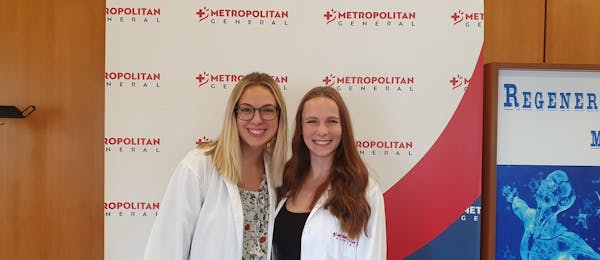
Academic credit available for all internships
Get course credit from your college or university while completing your internship abroad or a remote internship program. It's a great way to meet your academic requirements and gain valuable experience at the same time.
Learn about course creditProgram fees
Applying for our Nutrition Internship is completely free! The support package covers the assistance we provide in finding your internship and arranging your living accommodations in your host country, ensuring you thrive during your program.
Please note that a deposit of US$499 is required to confirm your place. The remaining balance (minus your initial US$499 deposit) is due at least 60 days before your internship start date.
Duration |
Program Fee (USD) |
|---|---|
| 2 weeks | $1,439 Equivalent to $102 /day |
| 3 weeks | $1,579 Equivalent to $75 /day |
| 4 weeks | $1,769 Equivalent to $63 /day |
| 5 weeks | $1,909 Equivalent to $54 /day |
| 6 weeks | $2,049 Equivalent to $48 /day |
| 8 weeks | $2,344 Equivalent to $41 /day |
| 10 weeks | $2,624 Equivalent to $37 /day |
| 12 weeks | $2,914 Equivalent to $34 /day |
| 16 weeks | $3,624 Equivalent to $32 /day |
| 20 weeks | $4,249 Equivalent to $30 /day |
| 24 weeks | $4,849 Equivalent to $28 /day |
- Airport pick-up
- Airport drop-off
- Daily breakfast and dinner
- Accommodation
- 24/7 in-country support
- Program orientation
- Dedicated support before, during, and after your internship
- In-country guidance for social and tourist activities
- Sourcing and securing your internship placement
- Personalization of your internship plan
- Coaching from your supervisor
- Documented portfolio of your experiential learnings
- Academic credit facilitation
- International reference letter
- Certificate of Internship Completion
- Lunches and weekend meals
- All in-country transportation
- Visa (if required), flights, travel insurance (mandatory), vaccinations, criminal background check
- Personal spending money for snacks, drinks, public transport, laundry, and leisure activities during your free time.
Free-time experiences & tours in Arusha
Take your internship to the next level with Intern Abroad HQ's affordable activity and tour add-ons in Arusha! Explore your options below and learn how to book them once you've been accepted onto an internship program.

In this tour you will visit two of the most popular destinations in Tanzania - Kilimanjaro Region. The tour starts and ends at Arusha, with experienced driver guides offering the trip of a lifetime!

Enrich your time in Tanzania with a visit to gain an authentic insight into the Maasai way of life.

Visit three of the most popular destinations in Tanzania - Tarangire National Park, the Serengeti and Ngorongoro Crater. The tour starts and ends at Arusha, with experienced driver guides offering the trip of a lifetime!
Arrival and Orientation
Internships in Tanzania begin every Monday. Exceptions may be made to this when start dates are shifted to avoid public holiday disruptions or closed when the program has already reached capacity. The minimum duration requirement is 2 weeks up to a maximum duration of 24 weeks.
Airport pick up and accommodation are included in the Program Fee. The accommodation is covered from the Sunday night before the Monday start date - interns are required to arrive no later than the Sunday before their Monday start date, as all orientations are held on Mondays.
Typical ports of entry include the local Arusha Airport (ARK) or the Kilimanjaro International Airport (JRO). If you are planning to spend time independently in Tanzania prior to your internship and will not require an airport pick up, we can discuss alternative arrival logistics with you.
Upon arrival, interns will be met, greeted, and transferred to the accommodation.
The last night of the accommodation is the Friday night of the final week, leaving interns free to depart on Saturday. Return transport to the airport will be provided to interns at no cost, provided they’re making their way back to the airport on either the Saturday or Sunday of their final week.
Extra nights of accommodation can be arranged in advance, if requested, and are subject to availability.
Orientation covers important details for your internship, including introductions, information about culture, customs, rules, expectations, safety, language lessons, cultural excursions, and more. Your specific internship placement orientation will follow the general orientation, as you’ll be shown how to travel to and from your internship and be introduced to the team you’ll be joining.
Please note that all participants are advised not to book flights until they have first registered to confirm their internship placement.
Check what's required to visit Tanzania
Check out the widget below to learn about the visa requirements for the Nutrition internship in Tanzania, based on your country of residence.
Accommodation and WiFi
Interns in Arusha are accommodated together in hostels owned and operated by our in-country local team. These are located in quiet and friendly neighborhoods (usually just a 15 to 20 minute ride from the town center and placements).
Living is safe, clean, modern and comfortable, including 24/7 gated security and housekeeping staff. Laundry services are not included but can be arranged directly for a small fee. Amenities include shared bathrooms areas, WiFi and communal living spaces - lounge, dining, courtyard, kitchen, bathrooms etc.
Interns can expect to share a bedroom with 4-8 other guests. Genders may be mixed depending on capacity. Private/en-suite room upgrades are subject to availability and must be arranged directly with the local team, once registered.
Please note that the accommodation pictured in the photo gallery of this webpage is provided as an example. Since we may work with more than one apartment (depending on capacity), the exact accommodation that you’re assigned may differ slightly from the photos. Rooms sizes, along with storage space, may also vary.
Meals
Internships in Arusha include breakfast and dinner, prepared and served Monday to Friday (at the accommodation). For breakfast you can anticipate fresh fruit, tea, coffee, eggs, toast and various spreads (peanut butter, jam etc). The dinner menu is usually set according to a weekly rotating schedule. You can anticipate simple local dishes like chicken with rice and vegetables, potatoes, beans, salads, samosas, curry and fresh fruit for dessert. A filtered cold water dispenser is available in the common area for use to reduce the amount of plastic bottle use.
It is important to note that the provided meals will not reflect what you are used to eating at home and flexibility is required. Interns are encouraged to budget extra spending money for any special snacks/treats to supplement their usual eating habits. Please be sure to let us know of any specific dietary requirements that you have in advance (i.e. allergies and intolerances), so that we may ensure your hosts are aware and make recommendations to you accordingly.
Essential country information
| Capital | Dodoma |
| Population | 47.78 million |
| Languages | Swahili and English |
| Currency | Tanzanian Shilling (TZS) |
| Time zone | UTC+03:00 |
Weather and climate:
In Arusha, where the Tanzania internship programs are based, the warm season typically lasts from January till late March. During this period, the average daily high is around 81°F / 27°C. The cooler season is from mid May till late August and the coldest month of the year is usually in July, when the low reaches around 56°F / 13°C. The dry season is considered to run from late May through till mid November. Rainfall can occur during the rest of the year, December through April.
What recent Nutrition interns said about their experience
Thank you for allowing me to expand and grow my skills as a student dietitian as well as a person!
This internship contributed towards me learning and exploring different fields and roles within nutrition. My long term career goal is to become a dietician. Although I knew what I was working towards prior to the internship, I wasn’t sure what field or specialty I was truly passionate about. After the internship, I now feel more empowered to take a leap of faith no matter what my next path is. I feel more encouraged to step outside of my comfort zone and throw myself into applying to grad school. My time in Tanzania has been something I truly will never forget. During my internship, I used weight measurements to detect malnutrition in infants, supplied nutrients and vitamin supplementation to infants, was responsible for educating children about basic nutrition and the components of a balanced meal, and more.
During my internship, I worked alongside a nutritionist assisting patients in one of the hospitals in the center of Arusha. We supported those with malnutrition of all kinds - severe acute malnutrition in adults and children, post natal support, kidney disease (chronic and acute) as well as support with a variety of non-communicable diseases (cardiovascular disease, diabetes and hypertension for example). I attended wards to support re-nourishing acutely unwell patients - most commonly children - as well as attending a variety of outpatient clinics to work alongside the doctors and nurses, offering lifestyle and dietary change advice. I feel far more empowered having now completed my internship. I am excited to see how my work changes by using the skills I have strengthened in Tanzania. I also feel empowered to sign up for some more study, to consolidate what I have learnt. I was so fortunate to work in such a friendly, motivated department. Everyone looked after one another, and cared about the way in which they presented themselves which brought a lot of comfort. Immersing yourself into the culture around you allows you to fall in love with it!
To read all reviews, visit our reviews page.
